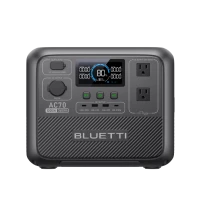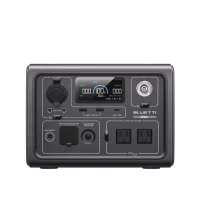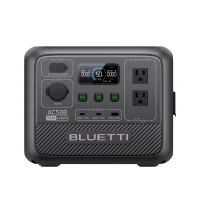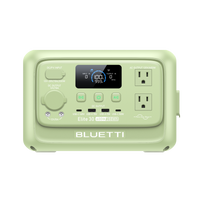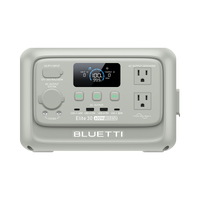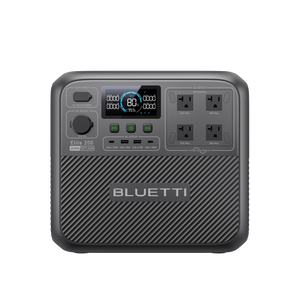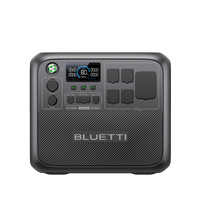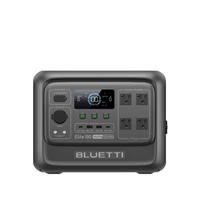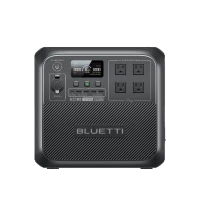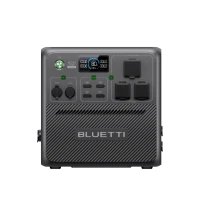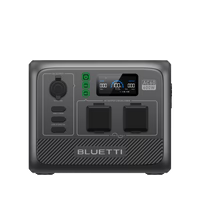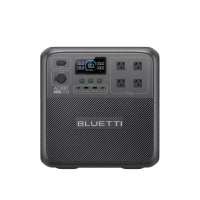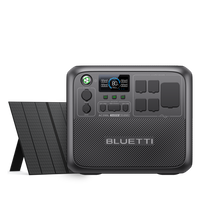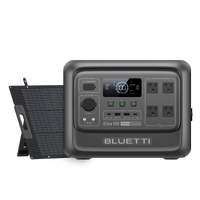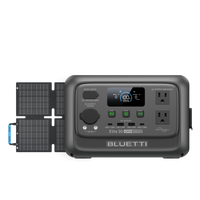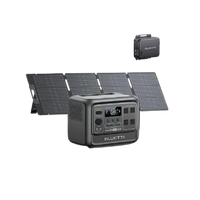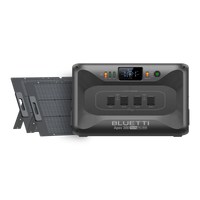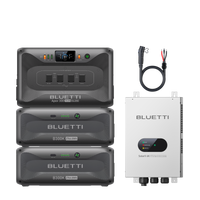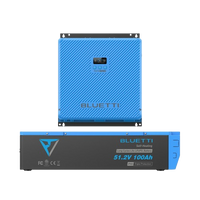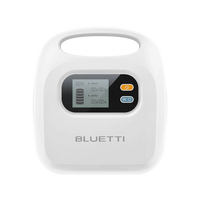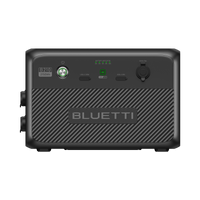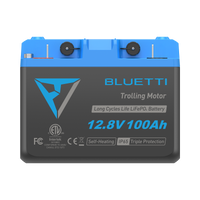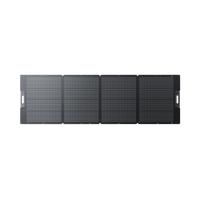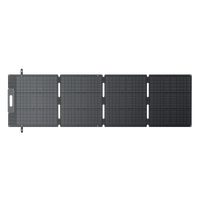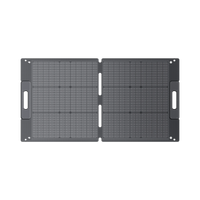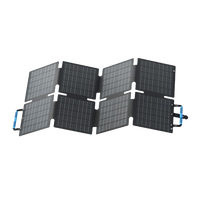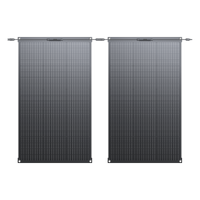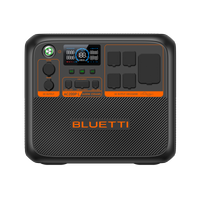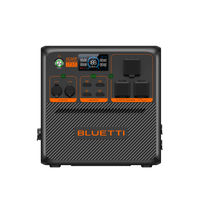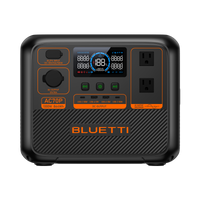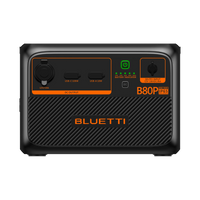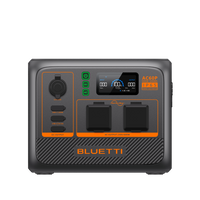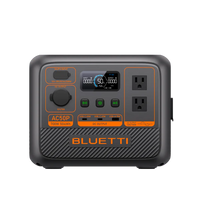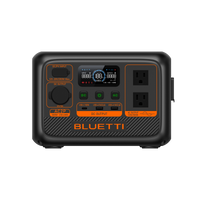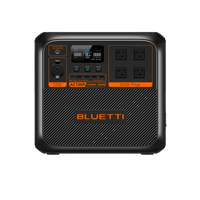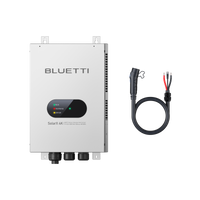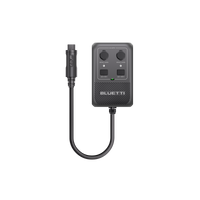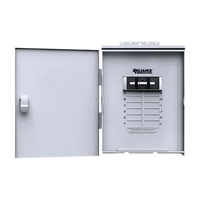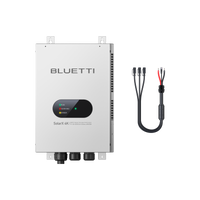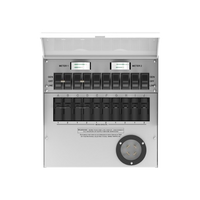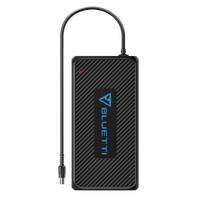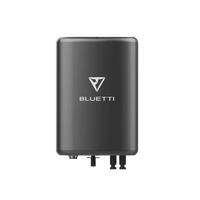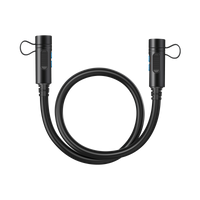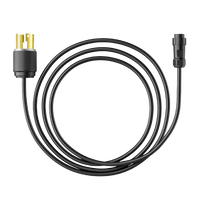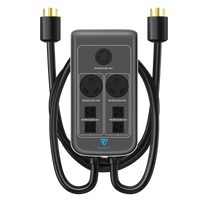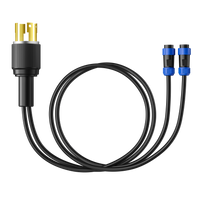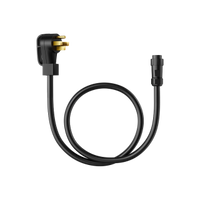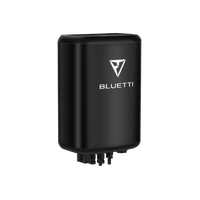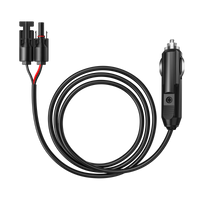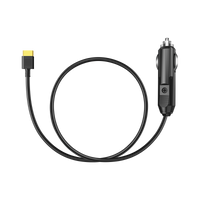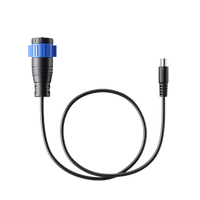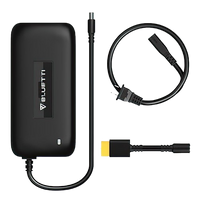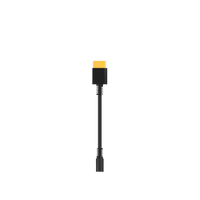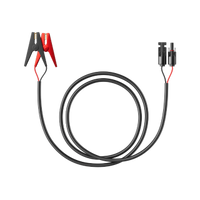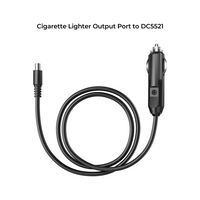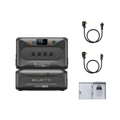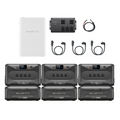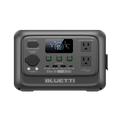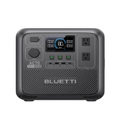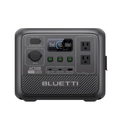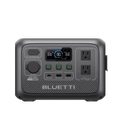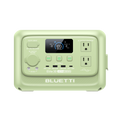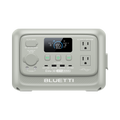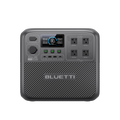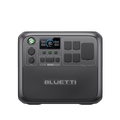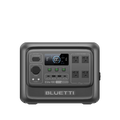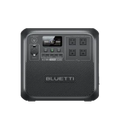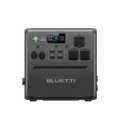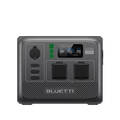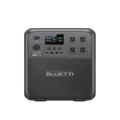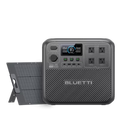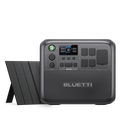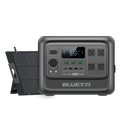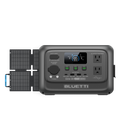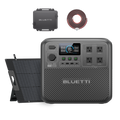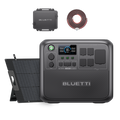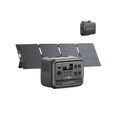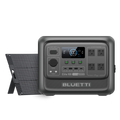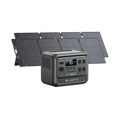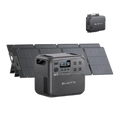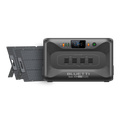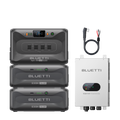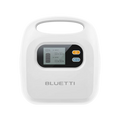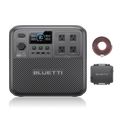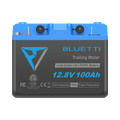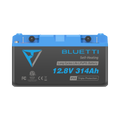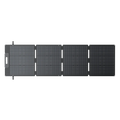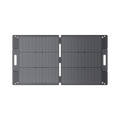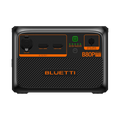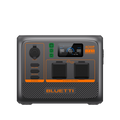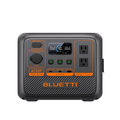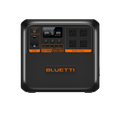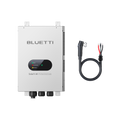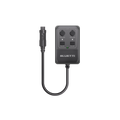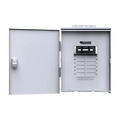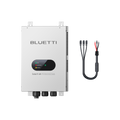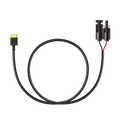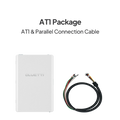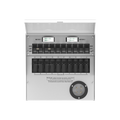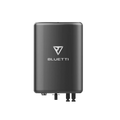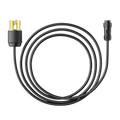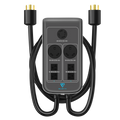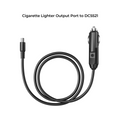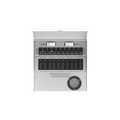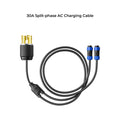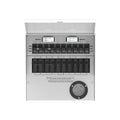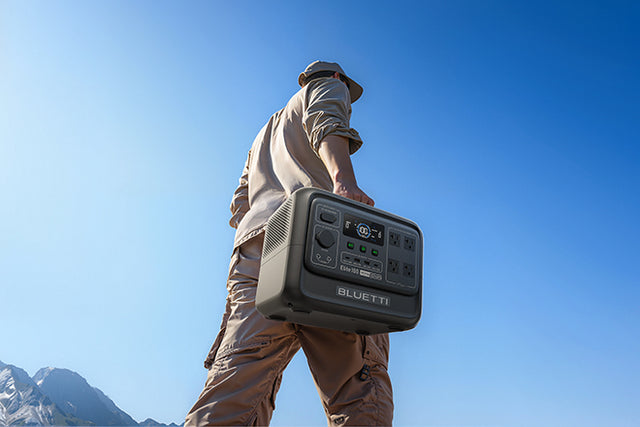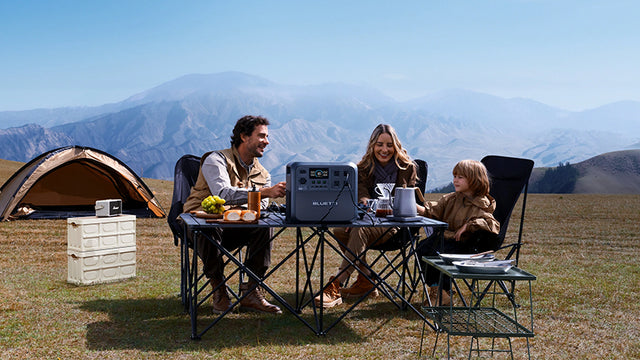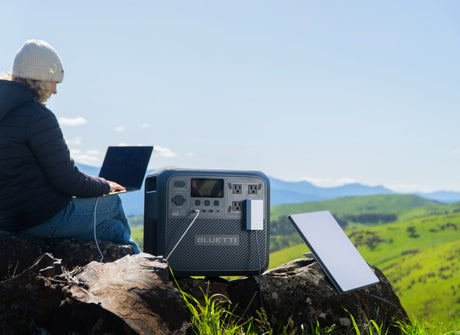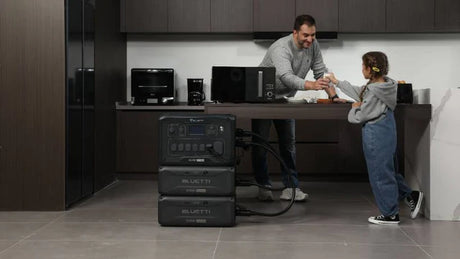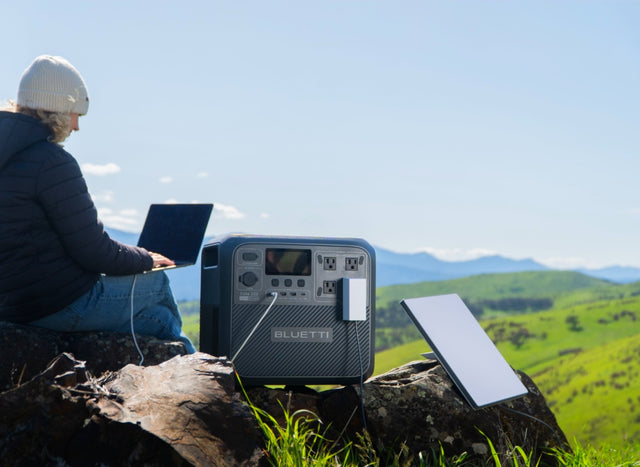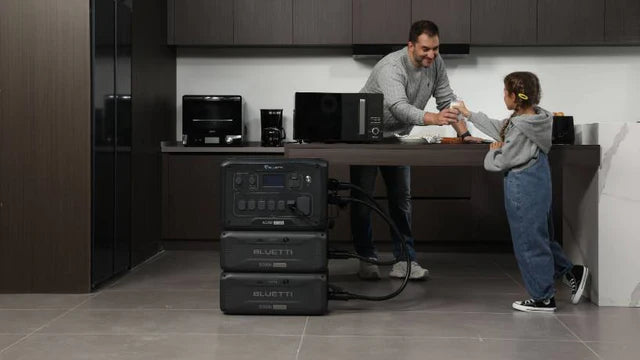Nowadays, a solar battery is a more approved gadget than ever owing to the fact that it can keep your electric lamps on during a brownout and even cut down little extra coins on your power expenses. However, these systems are relatively costly, with the cheapest solar battery costing approximately 10,000 USD and most setups going up to around 15,000 USD.
Those figures are a lot of coins. As a result, it's indispensable for each property owner to understand how long solar house batteries last. To give you a hint, expect this solar battery setup to serve you for around ten to fifteen years. Now, let's view the detailed explanation for this duration.
How Long Does a Solar House Battery Last?
As noted above, most solar cells will serve you for a duration lasting from ten to fifteen years. As a result, this explains why most batteries feature a ten-year warranty. Thus, you can expect that cell to work as designed for at least ten years. However, this warranty doesn't indicate that the batteries will cease delivering their primary purpose.
Solar cell tech stands pretty present-day, explaining why the internet has little info concerning how long these batteries will stay before their warranty expiration. But, it's correct to argue that the cell will keep performing well for more than five years following that warranty period expiration.
Factors That Impact Solar Battery Lifespan
Don't forget that ten to fifteen years remain the overall approximation of the solar battery's lifespan. The primary number of years that cell will serve you relies on several elements as covered below:
Solar Battery

The current market features several solar battery systems, but lead-acid cells and lithium-ion remain to be highly rated. Lithium-ion cells fall under the ten-to-fifteen-year lifetime bracket, as highlighted above. On the contrary, lead-acid battery storage set-ups support a shorter lifetime ranging from ten to eight years. Thus, if you go for lead-acid cells, prepare to install new ones over and over compared with the lithium-ion ones.
Many property owners prefer lithium-ion cells because of their longer lifetime period compared with lead-acid ones. Note that lead-acid battery storage setups work greatly if you're after off-grid solar fixations.
Battery Usage
How do you apply your solar cell? That answer will significantly dictate how long you'll use that system. Let's explain this using your cell phone's battery life. You must charge that cell phone more often. A solar battery behaves in the same manner. As you apply that battery, its storage volume declines, and you need to recharge it more often.
It's indispensable to weigh battery cycles and not years when considering the cell's lifespan. Don't expect your battery to serve you the same number of years as your neighbours if you always totally drain your battery storage setup every other day and your neighbor only consumes half of the cell's stored energy per day.
That explanation is the reason many battery companies include 'throughout measurements' or cell cycle warranties above their annual warranty. A lot of cells come with five thousand to ten thousand warranty. A lithium-ion cell tends to sustain a significant percentage of draw-off cycles than a lead-acid cell. Thus, this explains why lithium-ion battery storage setups feature longer lifetime periods.
Ecological Conditions
Severe weather and excessive temperature exposure cut down the batteries' lifetime period. Many property owners keep their systems protected in these conditions by preferring temperature-regulated spaces or garages for house energy storage installation.
Temperature affects lead-acid cells more than it does for lithium-ion systems. Thus, this is another reason why lithium-ion cells feature longer lifetime durations. Manufacturers recommend storing lead-acid cells under temperatures ranging between forty degrees Fahrenheit and eighty Fahrenheit. On the contrary, lithium-ion cells work well in temperatures ranging between zero degrees Fahrenheit and ninety degrees Fahrenheit.
What Sort of Warranty Should I Get with My Solar Battery?
When procuring a solar battery setup, it's pivotal to check the warranty period and type the manufacturer and installer offers. Consider the battery warranty covering both functioning degradation and assembling failings. Besides, this warranty must run for a satisfactory amount of period. Finally, go for a highly-rated installer with a solid history of top-notch offerings and client satisfaction.
Do Solar Batteries Have the Same Lifespan as Solar Panels?
Solar cells feature a different lifespan compared to solar-based panels. A solar battery features a ten-year lifetime, while solar-based panes have a 25-year warranty. But remember that warranty time doesn't mean the gadget's operation shuts down after that time. Thus, expect the solar battery to work for around fifteen years and the solar-based panel to operate for around thirty years.
Nonetheless, the solar panel will most likely outlive that solar cell. Thus, you may be forced to go for a new solar-based battery before the solar-based panels to keep using power storage.
How Long Can You Power Your Home Using a Solar Battery?
The answer to this question relies on several elements, including the appliances that will depend on the battery, the battery's overall power output, and the cell's overall energy storage capacity.
Generally, many solar cells won't run your entire property unless you fix a mammoth and very, very costly setup. But expect to run a few pivotal gadgets, like electric lamps, your WiFi router, fridges, and outlets. The table below highlights what a standard 10kWh cell can run for eight hours, after which you have to recharge it.
|
Pivotal Load |
Wattage |
Hours |
kWh Used |
|
|
|
|
|
|
|
|
|
|
|
|
|
|
|
|
|
|
|
|
|
|
|
|
|
|
|
|
|
|
|
|
|
|
|
|
How Do I Tell If My Solar Battery Is Bad?
Like any other battery, a solar battery loses effectiveness and its capacity over time due to degradation. But you can easily discover if the system is degrading using the following signs:
Voltage Decline
Voltage output remains one of the clear signs of battery storage setup degradation. If the cell voltage sinks below a specific mark, it highlights the battery doesn't have sufficient charge, and thus, you may need to replace it. You can use a cell monitor or the multimeter option to check the cell voltage and compare the measurements with the fabricator's specs.
Volume Loss
Capacity reduction remains another solar-based battery degradation signal. The battery's capacity declines due to elements like age, discharge depth, temperature, and cycling. It's so easy to find the cell capacity's estimation. You only need to divide the applied amp-hours by the discharge percentage and compare those results with the cell's highlighted capacity.
Reduced Effectiveness
Finally, declined effectiveness shows that your system has degraded. You need to divide the output watt-hours by the input watt-hours to figure out battery effectiveness. After that, compare those figures with the cell's standard efficiency to find the final results.
The Best Batteries for Solar Power Storage
There are two top-rated batteries you should prioritize when purchasing a solar power storage battery. These include:
-
AC500 + B300S Home Battery Backup

The AC500 + B300S Home Battery Backup is the expandable power setup to prioritize because of its ability to change how you exploit solar energy. With this top-rated system, you can handle power blackouts and, therefore, remain linked to limitless power everywhere.
It features a 5000-watt pure sine wave inverter that delivers top-notch pure sine wave output. Besides, the inverter allows up to 10 kilowatts surge. Thus, expect anything plugged in to run to its optimal volume and performance.
In addition, this system is fully modular. It can also support expansion battery packs of up to 6XB300S (each measuring 3072Wh, adding to an 18432Wh capacity. Thus, with this backup, you can run the whole house's essential demands for several days during blackouts or in day-to-day applications.
-
BLUETTI EP500Pro Solar Power Station

Consider the BLUETTI EP500PRO if you're after an all-in-one home battery backup system. It features an unparalleled LiFePO₄ battery pack rated 5120Wh and a pure sine wave alternating current inverter measuring 3000W.
It's a highly-ranked power station that lets you run cabin workshops, your whole family home, a full party, or a family camping vacation with less hassle. In case of a blackout, you can expect it to run your whole family property for even two days.
It has up to fifteen outlet sources, making it easy to energize any gadget, including electric cars, air conditioners, and laptops, without any issue. Besides that, the BLUETTI EP500PRO can receive upgrades via your internet connection because of its in-built internet connection and dual-core microcomputer.
Final Thoughts
In general, a solar battery has a lifetime period ranging from ten to fifteen years. Therefore, if you install a solar-based battery today, you can expect to renew it only once so it can serve you well with a solar panel's lifespan, which is around 25 years. But remember, some elements can influence the solar cell's lifetime period. These include the solar battery type, ecological conditions, and cell usage. However, with the best solar power storage batteries like BLUETTI EP500PRO, AC500 + B300S Home Battery Backup, you can prolong your battery's application time or lifespan.









